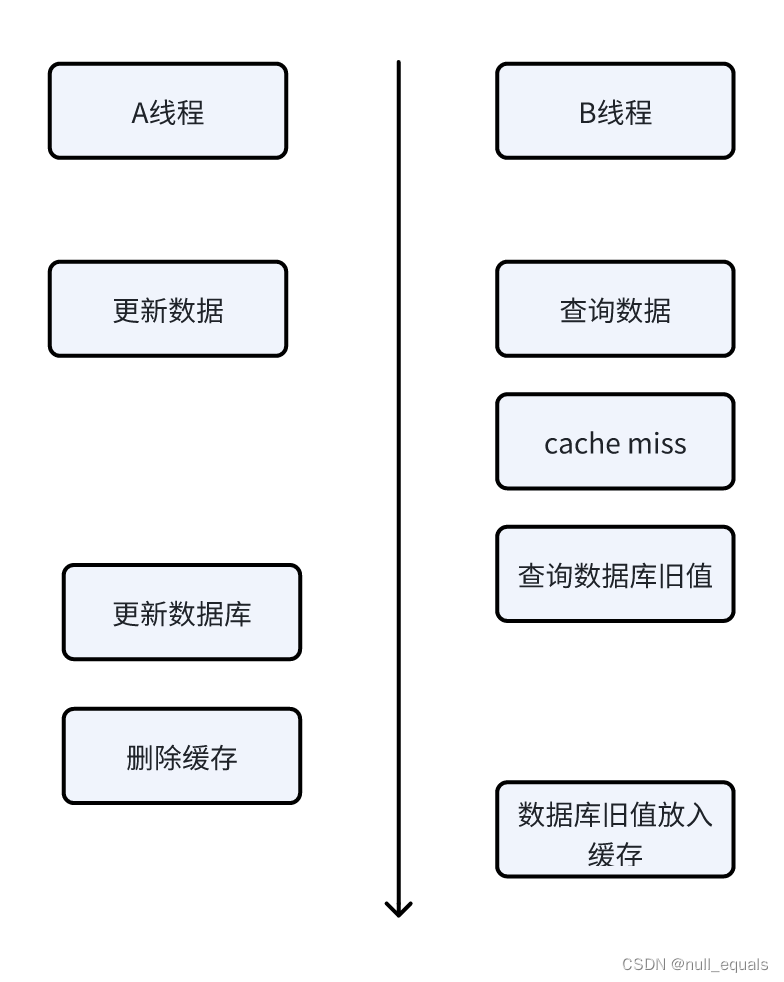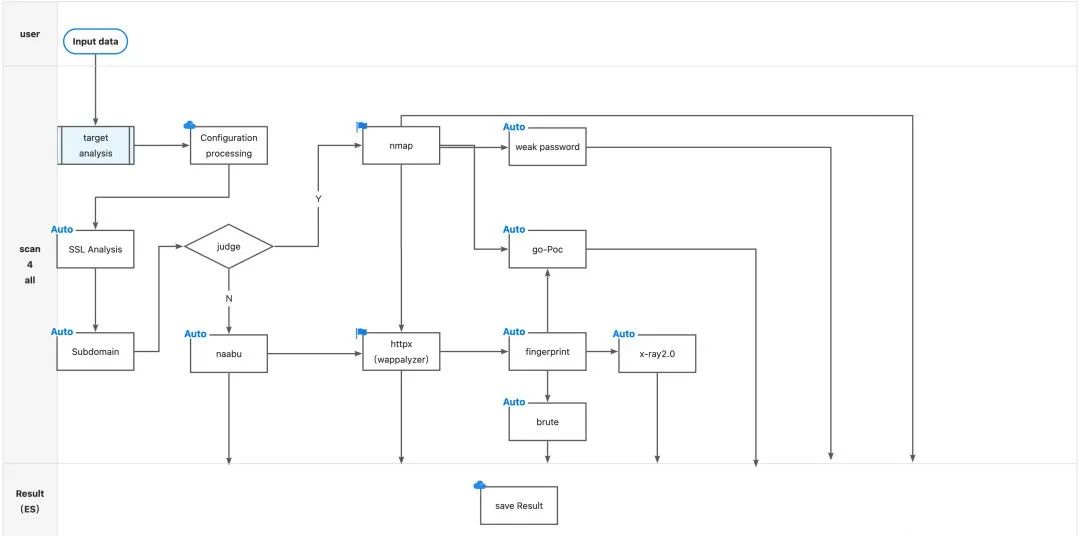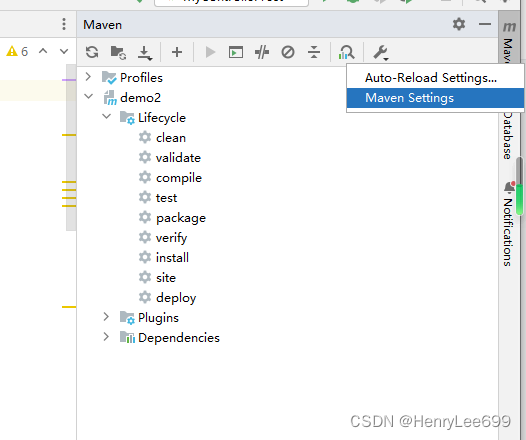概述:
本文使用STL容器-set以及Linux提供的timerfd来实现定时器组件
所谓定时器就是管理大量定时任务,使其能按照超时时间有序地被执行
需求分析:
1.数据结构的选择:存储定时任务
2.驱动方式:如何选择一个任务并执行
一、数据结构的选择:红黑树
红黑树是一种查找、删除、插入时间复杂度为O(logN)的数据结构,性能均衡,STL的set和map就是基于红黑树实现的,与普通的红黑树不同,STL的红黑树设计添加了指向最大节点和最小节点的指针,这一点实现了set和map可以使用O(1)的时间复杂度查找最大值和最小值:

二、驱动方式:timerfd + epoll
Linux提供了定时机制timerfd,与sockfd一样,内核负责检测该文件描述符的就绪情况,并需要epoll等io多路复用机制向用户层通知
三、代码实现
1.定时任务节点:
struct TimerNodeBase { // 定时器节点基类,用于红黑树(set)存储
time_t expire; // 超时时间
uint64_t id; // 唯一 id, 用于解决超时时间相同的节点存储问题
};
struct TimerNode : public TimerNodeBase { // 子类定时器节点, 添加了一个回调函数
using Callback = function<void(const TimerNode &node)>;
Callback func;
TimerNode(int64_t id, time_t expire, Callback func) : func(std::move(func)) { // 使用 move 右值引用,性能高
this->expire = expire;
this->id = id;
}
};
这里设计两个结构体的目的是将回调函数和其它属性(超时时间和id)隔离开
2.运算符重载,用于比较两个节点的大小(超时时间大小)
bool operator < (const TimerNodeBase &lhd, const TimerNodeBase &rhd) { // 运算符重载,比较两个节点的大小
// 先根据超时时间判定大小
if (lhd.expire < rhd.expire) {
return true;
} else if (lhd.expire > rhd.expire) {
return false;
} // 超时时间相同时,根据 id 判断大小
else return lhd.id < rhd.id;
}
3.定时器类:
class Timer {
public:
static inline time_t GetTick() { // 获取系统当前时间戳
return chrono::duration_cast<chrono::milliseconds>(chrono::steady_clock::now().time_since_epoch()).count();
}
TimerNodeBase AddTimer(int msec, TimerNode::Callback func) {
time_t expire = GetTick() + msec; // msec是相对超时时间,expire是绝对超时时间(时间戳)
// 如果待插入节点当前不是红黑树中最大的
if (timeouts.empty() || expire <= timeouts.crbegin()->expire) {
auto pairs = timeouts.emplace(GenID(), expire, std::move(func)); // emplace是在容器内部生成一个对象并插入到红黑树中,性能优于push的copy操作 2.使用move右值引用,避免copy
// 使用static_cast将子类cast成基类
return static_cast<TimerNodeBase>(*pairs.first); // emplace的返回值pair包含:1.创建并插入的节点 2.是否成功插入(已存在相同节点则插入失败)
}
// 如果待插入节点是最大的,直接插入到最右侧,时间复杂度 O(1) ,优化性能
auto ele = timeouts.emplace_hint(timeouts.crbegin().base(), GenID(), expire, std::move(func));
// 返回基类而不是子类
return static_cast<TimerNodeBase>(*ele);
}
void DelTimer(TimerNodeBase &node) { // 从(set)红黑树中删除一个节点
auto iter = timeouts.find(node); // 找到指定节点
if (iter != timeouts.end())
timeouts.erase(iter); // 移除
}
void HandleTimer(time_t now) { // 执行当前已超时的任务
auto iter = timeouts.begin();
while (iter != timeouts.end() && iter->expire <= now) {
iter->func(*iter);
iter = timeouts.erase(iter); // eraser返回下一个节点
}
}
public:
// 更新 timerfd 的到期时间为 timeouts 集合中最早到期的定时器时间
virtual void UpdateTimerfd(const int fd) {
struct timespec abstime;
auto iter = timeouts.begin(); // 最小超时时间节点
if (iter != timeouts.end()) {
abstime.tv_sec = iter->expire / 1000;
abstime.tv_nsec = (iter->expire % 1000) * 1000000;
} else {
abstime.tv_sec = 0;
abstime.tv_nsec = 0;
}
struct itimerspec its;
its.it_interval = {};
its.it_value = abstime;
timerfd_settime(fd, TFD_TIMER_ABSTIME, &its, nullptr);
}
private:
static inline uint64_t GenID() { // 生成一个 id
return gid++;
}
static uint64_t gid; // 全局 id 变量
set<TimerNode, std::less<> > timeouts; // less指定排序方式:从小到大
};
在class timer中实现了
1.创建set容器对象
2.定时任务节点的添加
3.定时任务节点的删除
4.执行已超时任务
四、main函数
int main() {
int epfd = epoll_create(1); // epoll
int timerfd = timerfd_create(CLOCK_MONOTONIC, 0);
struct epoll_event ev = {.events = EPOLLIN | EPOLLET};
epoll_ctl(epfd, EPOLL_CTL_ADD, timerfd, &ev);
unique_ptr<Timer> timer = make_unique<Timer>();
int i = 0;
timer->AddTimer(1000, [&](const TimerNode &node) { // lamda 表达式
cout << Timer::GetTick() << "node id:" << node.id << "revoked times" << ++i << endl;
});
timer->AddTimer(1000, [&](const TimerNode &node) {
cout << Timer::GetTick() << " node id:" << node.id << " revoked times:" << ++i << endl;
});
timer->AddTimer(3000, [&](const TimerNode &node) {
cout << Timer::GetTick() << " node id:" << node.id << " revoked times:" << ++i << endl;
});
auto node = timer->AddTimer(2100, [&](const TimerNode &node) {
cout << Timer::GetTick() << " node id:" << node.id << " revoked times:" << ++i << endl;
});
timer->DelTimer(node);
cout << "now time:" << Timer::GetTick() << endl;
struct epoll_event evs[64] = {0};
while (true) {
timer->UpdateTimerfd(timerfd); // epoll中timerfd的到期时间
int n = epoll_wait(epfd, evs, 64, -1); // 内核检测定时时间timerfd
time_t now = Timer::GetTick(); // 当前系统时间戳
for (int i = 0; i < n; i++) {
// for network event handle
}
timer->HandleTimer(now); // 处理现在到期的定时任务
}
epoll_ctl(epfd, EPOLL_CTL_DEL, timerfd, &ev);
close(timerfd);
close(epfd);
return 0;
}
timerfd的使用:
1.将timerfd添加到epoll中
2.使用timerfd_settime()函数更新timerfd的超时时间
3.当超时时间到达时,epoll会通知事件
4.执行完到期的任务后,更新timerfd的超时时间为红黑树中最小节点的超时时间,epoll会再次进行通知
五、完整代码
#include <sys/epoll.h>
#include <sys/timerfd.h>
#include <time.h>
#include <unistd.h>
#include <functional>
#include <chrono>
#include <set>
#include <memory>
#include <iostream>
using namespace std;
struct TimerNodeBase { // 定时器节点基类,用于红黑树(set)存储
time_t expire; // 超时时间
uint64_t id; // 唯一 id, 用于解决超时时间相同的节点存储问题
};
struct TimerNode : public TimerNodeBase { // 子类定时器节点, 添加了一个回调函数
using Callback = function<void(const TimerNode &node)>;
Callback func;
TimerNode(int64_t id, time_t expire, Callback func) : func(std::move(func)) { // 使用 move 右值引用,性能高
this->expire = expire;
this->id = id;
}
};
bool operator < (const TimerNodeBase &lhd, const TimerNodeBase &rhd) { // 运算符重载,比较两个节点的大小
// 先根据超时时间判定大小
if (lhd.expire < rhd.expire) {
return true;
} else if (lhd.expire > rhd.expire) {
return false;
} // 超时时间相同时,根据 id 判断大小
else return lhd.id < rhd.id;
}
class Timer {
public:
static inline time_t GetTick() { // 获取系统当前时间戳
return chrono::duration_cast<chrono::milliseconds>(chrono::steady_clock::now().time_since_epoch()).count();
}
TimerNodeBase AddTimer(int msec, TimerNode::Callback func) {
time_t expire = GetTick() + msec; // msec是相对超时时间,expire是绝对超时时间(时间戳)
// 如果待插入节点当前不是红黑树中最大的
if (timeouts.empty() || expire <= timeouts.crbegin()->expire) {
auto pairs = timeouts.emplace(GenID(), expire, std::move(func)); // emplace是在容器内部生成一个对象并插入到红黑树中,性能优于push的copy操作 2.使用move右值引用,避免copy
// 使用static_cast将子类cast成基类
return static_cast<TimerNodeBase>(*pairs.first); // emplace的返回值pair包含:1.创建并插入的节点 2.是否成功插入(已存在相同节点则插入失败)
}
// 如果待插入节点是最大的,直接插入到最右侧,时间复杂度 O(1) ,优化性能
auto ele = timeouts.emplace_hint(timeouts.crbegin().base(), GenID(), expire, std::move(func));
// 返回基类而不是子类
return static_cast<TimerNodeBase>(*ele);
}
void DelTimer(TimerNodeBase &node) { // 从(set)红黑树中删除一个节点
auto iter = timeouts.find(node); // 找到指定节点
if (iter != timeouts.end())
timeouts.erase(iter); // 移除
}
void HandleTimer(time_t now) { // 执行当前已超时的任务
auto iter = timeouts.begin();
while (iter != timeouts.end() && iter->expire <= now) {
iter->func(*iter);
iter = timeouts.erase(iter); // eraser返回下一个节点
}
}
public:
// 更新 timerfd 的到期时间为 timeouts 集合中最早到期的定时器时间
virtual void UpdateTimerfd(const int fd) {
struct timespec abstime;
auto iter = timeouts.begin(); // 最小超时时间节点
if (iter != timeouts.end()) {
abstime.tv_sec = iter->expire / 1000;
abstime.tv_nsec = (iter->expire % 1000) * 1000000;
} else {
abstime.tv_sec = 0;
abstime.tv_nsec = 0;
}
struct itimerspec its;
its.it_interval = {};
its.it_value = abstime;
timerfd_settime(fd, TFD_TIMER_ABSTIME, &its, nullptr);
}
private:
static inline uint64_t GenID() { // 生成一个 id
return gid++;
}
static uint64_t gid; // 全局 id 变量
set<TimerNode, std::less<> > timeouts; // less指定排序方式:从小到大
};
uint64_t Timer::gid = 0;
int main() {
int epfd = epoll_create(1); // epoll
int timerfd = timerfd_create(CLOCK_MONOTONIC, 0);
struct epoll_event ev = {.events = EPOLLIN | EPOLLET};
epoll_ctl(epfd, EPOLL_CTL_ADD, timerfd, &ev);
unique_ptr<Timer> timer = make_unique<Timer>();
int i = 0;
timer->AddTimer(1000, [&](const TimerNode &node) { // lamda 表达式
cout << Timer::GetTick() << "node id:" << node.id << "revoked times" << ++i << endl;
});
timer->AddTimer(1000, [&](const TimerNode &node) {
cout << Timer::GetTick() << " node id:" << node.id << " revoked times:" << ++i << endl;
});
timer->AddTimer(3000, [&](const TimerNode &node) {
cout << Timer::GetTick() << " node id:" << node.id << " revoked times:" << ++i << endl;
});
auto node = timer->AddTimer(2100, [&](const TimerNode &node) {
cout << Timer::GetTick() << " node id:" << node.id << " revoked times:" << ++i << endl;
});
timer->DelTimer(node);
cout << "now time:" << Timer::GetTick() << endl;
struct epoll_event evs[64] = {0};
while (true) {
timer->UpdateTimerfd(timerfd); // epoll中timerfd的到期时间
int n = epoll_wait(epfd, evs, 64, -1); // 内核检测定时时间timerfd
time_t now = Timer::GetTick(); // 当前系统时间戳
for (int i = 0; i < n; i++) {
// for network event handle
}
timer->HandleTimer(now); // 处理现在到期的定时任务
}
epoll_ctl(epfd, EPOLL_CTL_DEL, timerfd, &ev);
close(timerfd);
close(epfd);
return 0;
}
推荐学习 https://xxetb.xetslk.com/s/p5Ibb



















